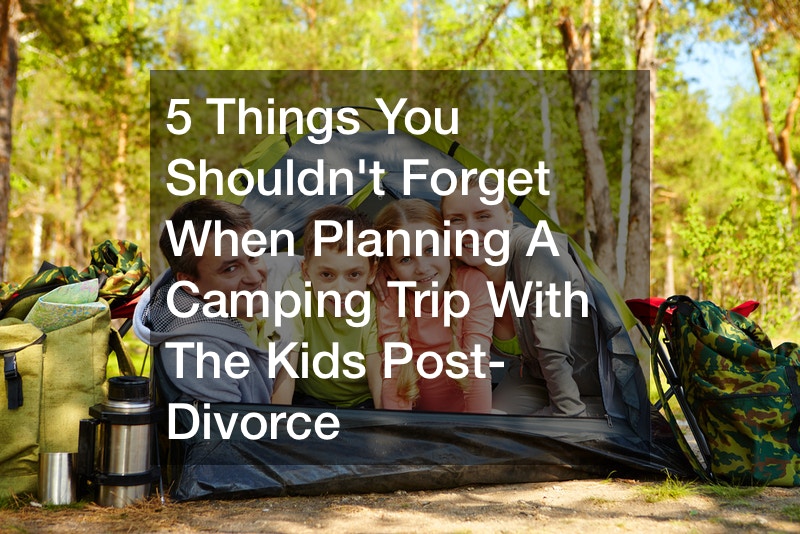
 Fishing is a popular American activity. The United States fly fishing market is worth at least $750 million. This is not an exclusively male sport, nearly 35% of all fly fishing enthusiasts are women. Approximately 3.8 million Americans like to fly fish. Now, if you are ew to fishing and cannot tell a hemostat from a pair of pliers, you can still become a great at the sport of fly fishing.
Fishing is a popular American activity. The United States fly fishing market is worth at least $750 million. This is not an exclusively male sport, nearly 35% of all fly fishing enthusiasts are women. Approximately 3.8 million Americans like to fly fish. Now, if you are ew to fishing and cannot tell a hemostat from a pair of pliers, you can still become a great at the sport of fly fishing.
Tips for the Fly Fishing Novice
- Learn a little about the sport before you try it. There are lots of places where you can learn the basics of fishing. You can read books or look to the internet. There are a great many resources that will make you feel like you are part of the action before you ever pick up a fishing vest or find the best reel. Familiarize yourself with the basic fly fishing tools. You should learn about fly fishing rods. Read about what a hemostat is used for. Be able to identify a hemostat and know what it is used for, for example. This is not the only tool you will need.
- Find the best fly fishing gear for you. There are rods for beginners that you should try out. They will make the experience more fun and easier to learn the sport. Ask at the shop where you buy it what they think the best rod for you might be. Be suspicious if they only want to sell you the most expensive equipment they have. Otherwise, their real goal is to make sure you have a great experience and fall in love with the sport.
- Go where the fish are. In baseball, they say, “go where the ball is.” The same principle applies to fishing. Find the best spots for catching the kind of fish you want to catch. Ask your friends or head back to the fishing shop and find where others have had success.
- Be mindful of the weather. Some of the best fishing can be had when the sky is overcast but you do not want to be out during a category 5 hurricane. Often the temperature on the water can change a lot during a day so you should be prepared for hot and cold temperatures. Dressing in layers is always a good idea. People with long hair may want to tie it back.
- Protect yourself from the sun. Wear sunscreen. Wear a hat. Do not forget your sun glasses. The sun, even on overcast days, will reflect off of the water and can give you a worse sun burn. Even if you do not burn normally, it does not hurt to protect yourself when you are on the water.
- Stay hydrated. Bring water to drink. You would be surprised how much water you lose while fishing. The last thing you need is to get dehydrated out on the water. This is an easy thing to prevent, bring water!
- Protect yourself from bugs! Mosquitoes love the water! There will be a lot of them all around so do yourself a favor and bring bug spray and do not be shy in applying it. If you do get bit, and there is a good chance that you will, try putting some vinegar on the bite BEFORE you scratch it (if you open it and then apply the vinegar, that will hurt).
- Bring something to eat. Fishing is not a short activity. Most people spend at least a few hours on the water, bring something to eat. You will be glad you did.
- Wear the right clothes. You will absolutely need great fly fishing apparel such as boots, vests (with pockets for all of your gear), a hat, etc. Talk to your friends and experts at the fishing store about getting the right clothes for your fly fishing trip.
Author Izaak Walton has said that fly fishing is “the contemplative man’s recreation.” It is a great way to spend time outdoors and with some friends and family. Even if when you start, you so not know the difference between a hemostat and a set of pliers, it is never too late to learn.


